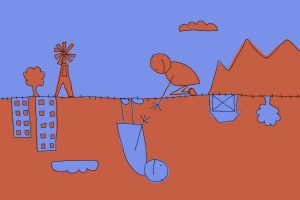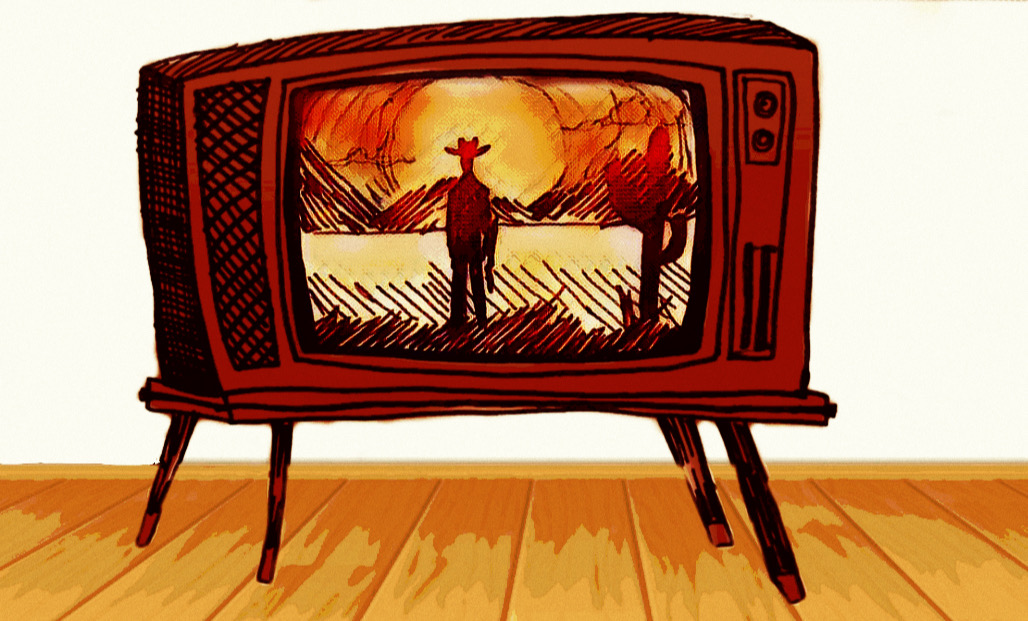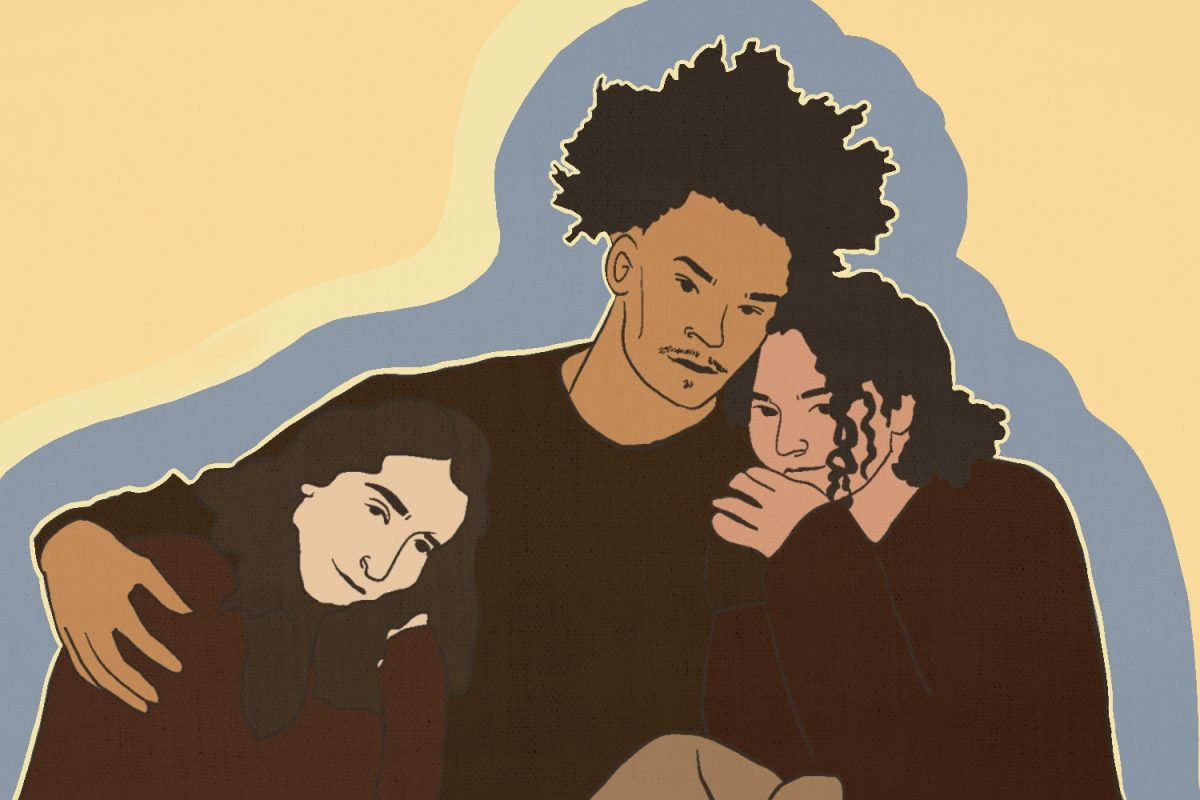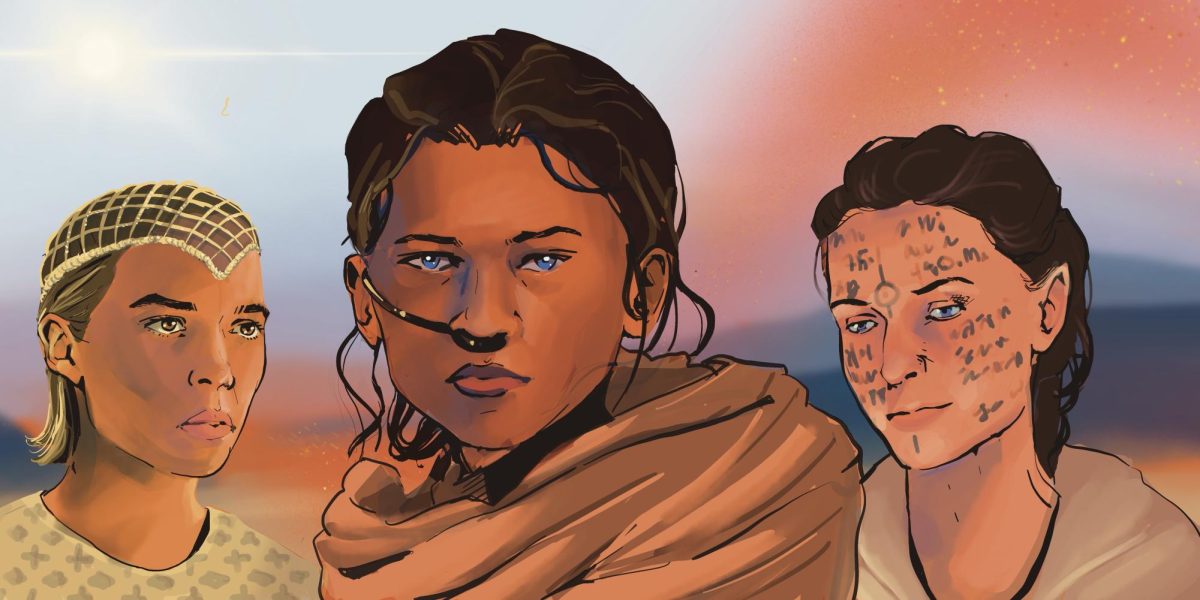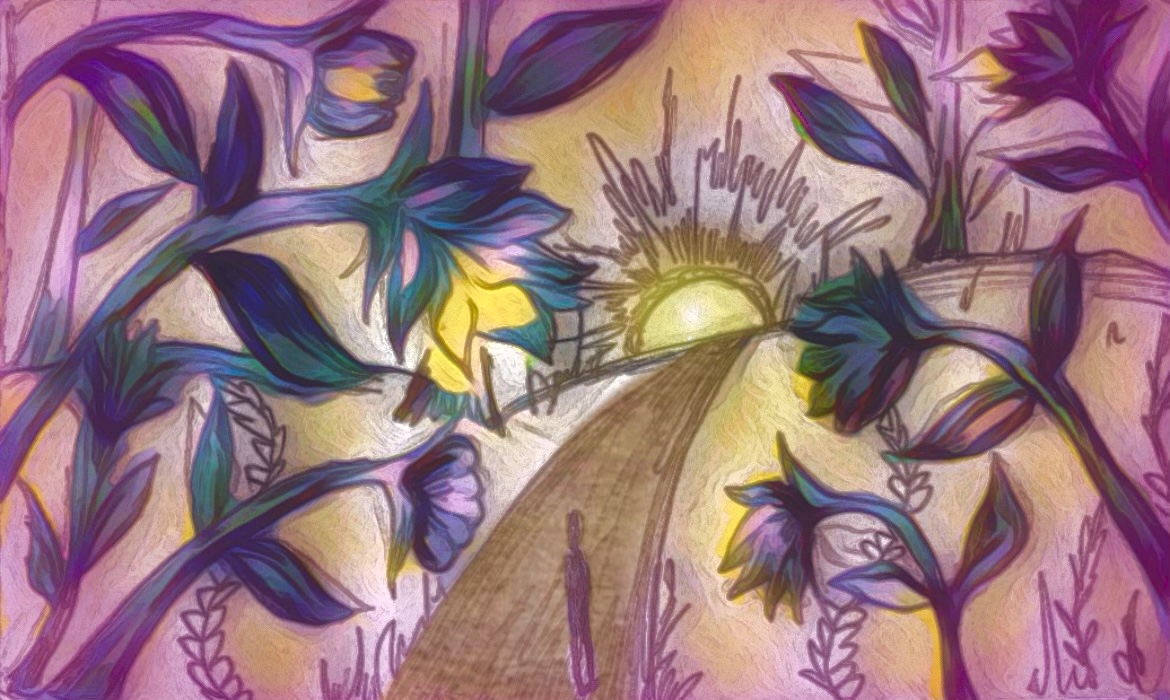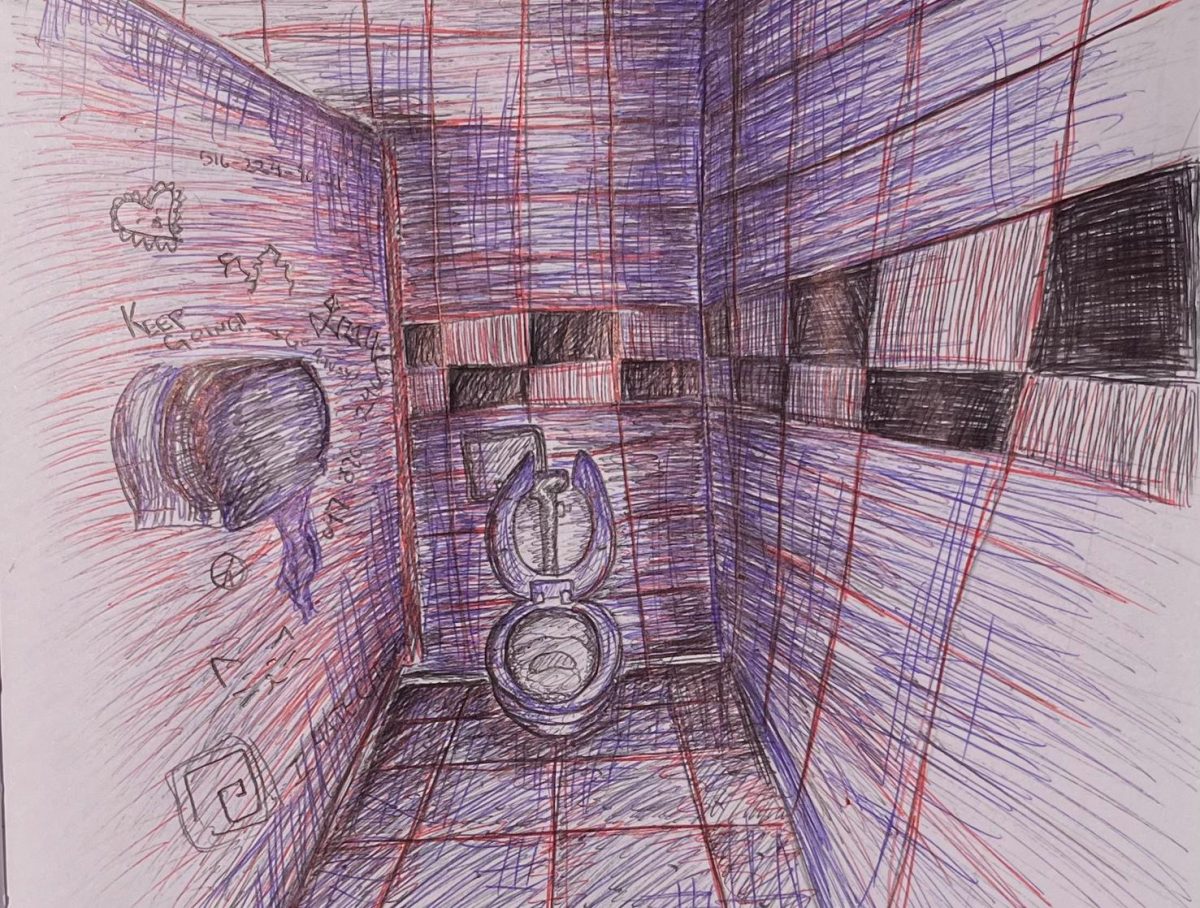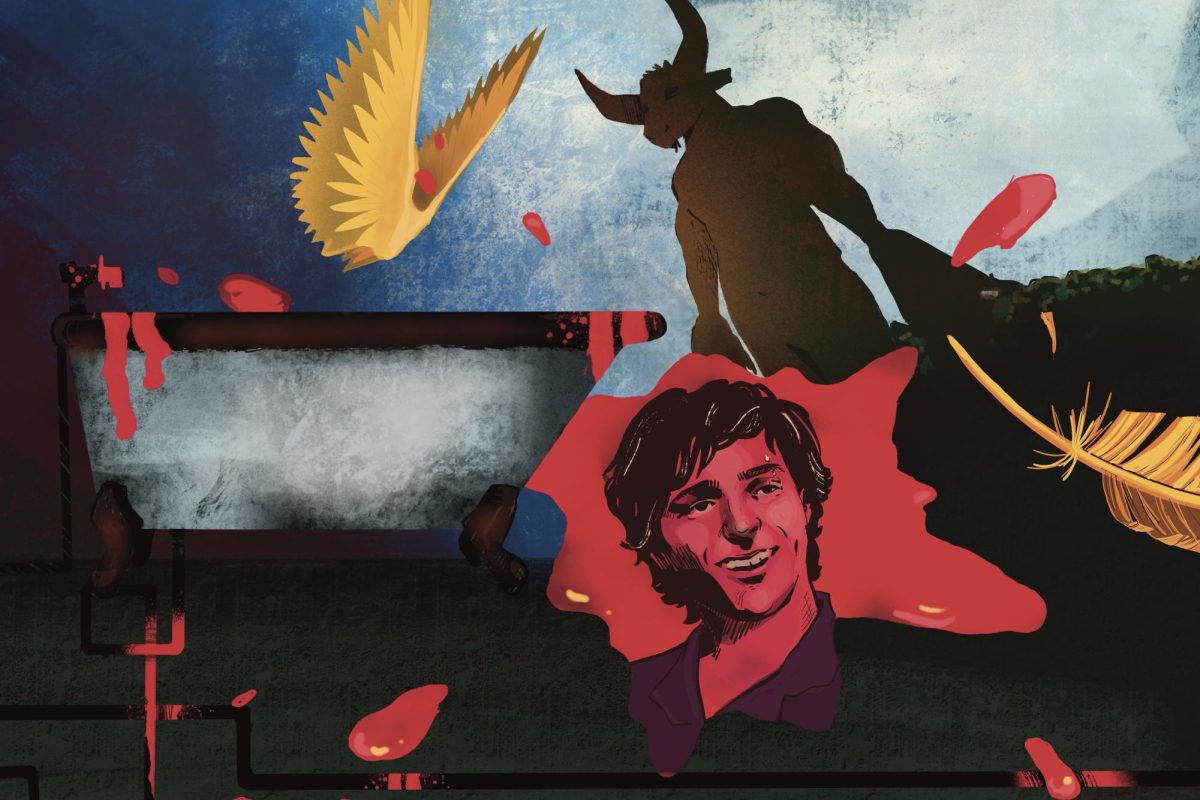?
Blasts of wind and pockets of hail were no deterrent for the audience that attended the Eastern European-themed concert “Slavic Influences” April 4 in the Southwick Music Hall.
The concert was a part of the Music and Literature Series, which is sponsored by the English department and the Brigham Buckham fund. The series encourages audiences to contemplate the interwoven nature of history, literature and music.
“Slavic Influences” showcased sounds from both Russia and Czechoslovakia.
The first half of the performance featured Mussorgsky’s “Songs and Dances of the Death.”
Comprised of four poems written by Golenshchev-Kutuzov, the haunting melody of the songs was sung by bassist Erik Kroncke and accompanied on piano by Paul Orgel.
A sheet providing both the Russian and English versions of the songs was distributed to the audience at the beginning of the program.
At the beginning, Kroncke and Orgel had the audience at the edge of their seats as they listened to the first two songs, “Lullaby” and “Serenade.” “Trepak,” a Russian dance, and the third song in the piece, sustained the dark nature of the songs. The fourth and final song was the violent melody of “Field Marshal.”
Like Russian novelist Fyodor Dostoevsky, Mussorgsky composed during a time when he was “preoccupied with Russia’s tragic history,” Orgel said.
“There are strong influences of Russian folk and liturgical music in [Mussorgsky],” Orgel said. “It breaks a lot of rules and achieves great strength and beauty.”
Professor Tom Simone, who helped start the Music and Literature concert series at UVM, stressed the influence of the “richness of musical exploration from Russia and Czechoslovakia” on Western culture. He discussed how Mussorgsky’s music aligns with the history and themes in Leo Tolstoy’s novel, “Anna Karenina,” which he is currently teaching.
The first half of the program concluded with what the concert advertisement described as “one of the most challenging of all piano works.” Michael Arnowitt played three scenes from the piano rendition of Stravinsky’s “Petrushka,” a Russian ballet that tells the story of three puppets that come to life.
As an introduction to the piece, Arnowitt described the relationship between mechanical objects and humans, which he believed was the theme of the ballet.
“Stravinsky was one of the cleverest of modern composers,” Orgel said. He explained that Stravinsky left Russia early in his life much like Russian novelist Vladimir Nabokov, who departed for the west, or Spanish painter Pablo Picasso, who traveled to France.
The program concluded with Dvorkak’s “Piano Trio in F minor.” Played by violinist Kevin Lawrence, cellist John Dunlop and Orgel on piano, the Dvorak featured a rich, romantic melody.
“There is a core of generosity and well-being in all of Dvorak’s music,” Orgel said. “He is one of music’s great composers of melodies.”
The Music and Literature Series brings incredible musicians to the stage at UVM and reveals the musical themes that resonate in the literature of the music’s time and origin.
“We exist in a culture of many arts,” Simone said. “Music is, by its nature, emotion and communication.”
It is the appreciation of these arts together in a concert like “Slavic Influences” that invites us to contemplate how different art forms interrelate.





